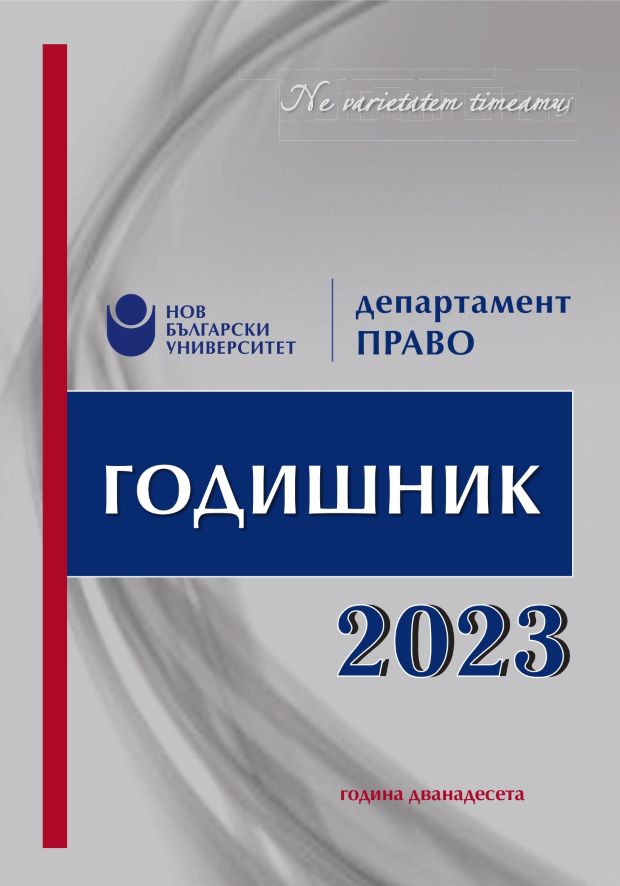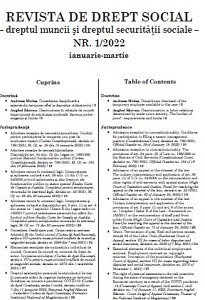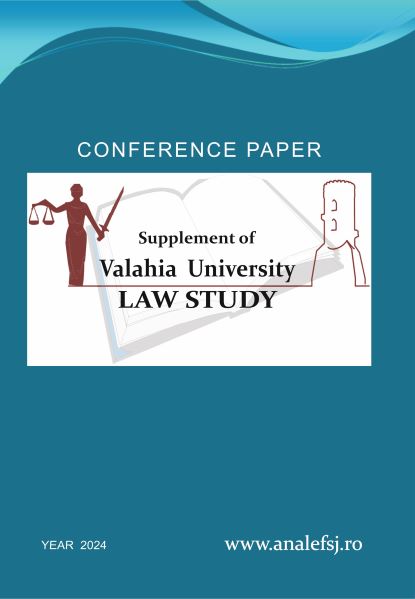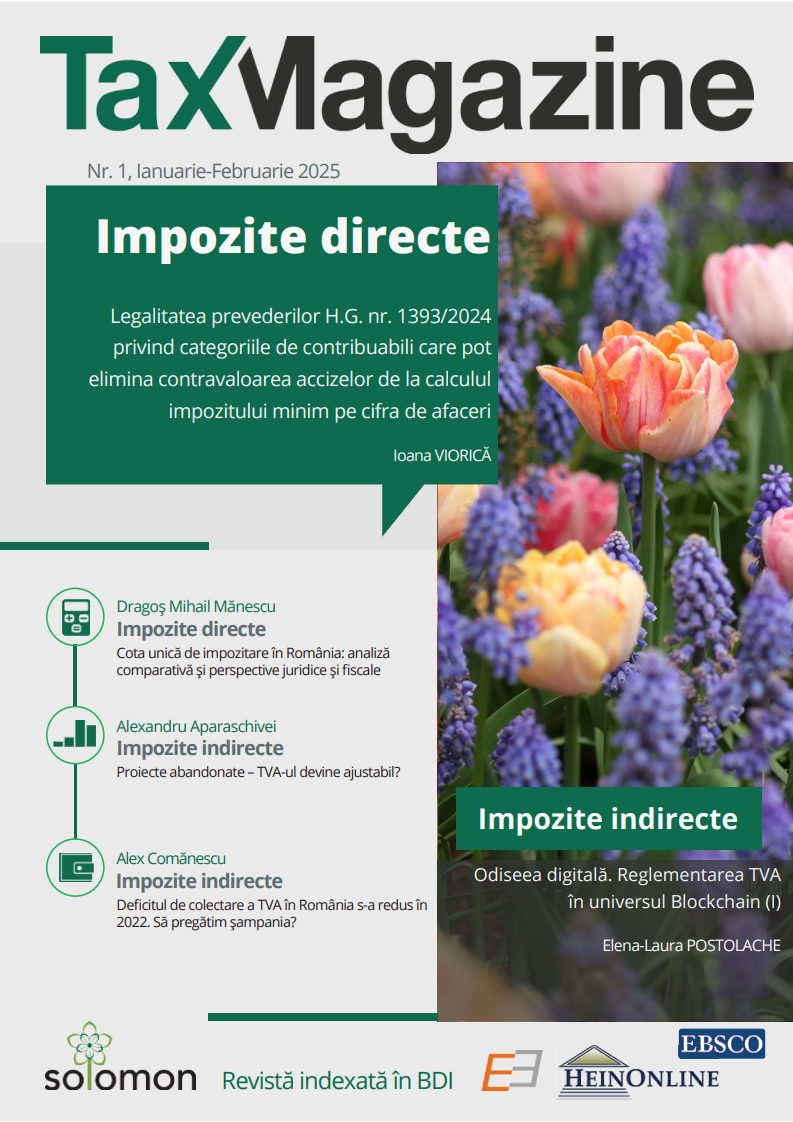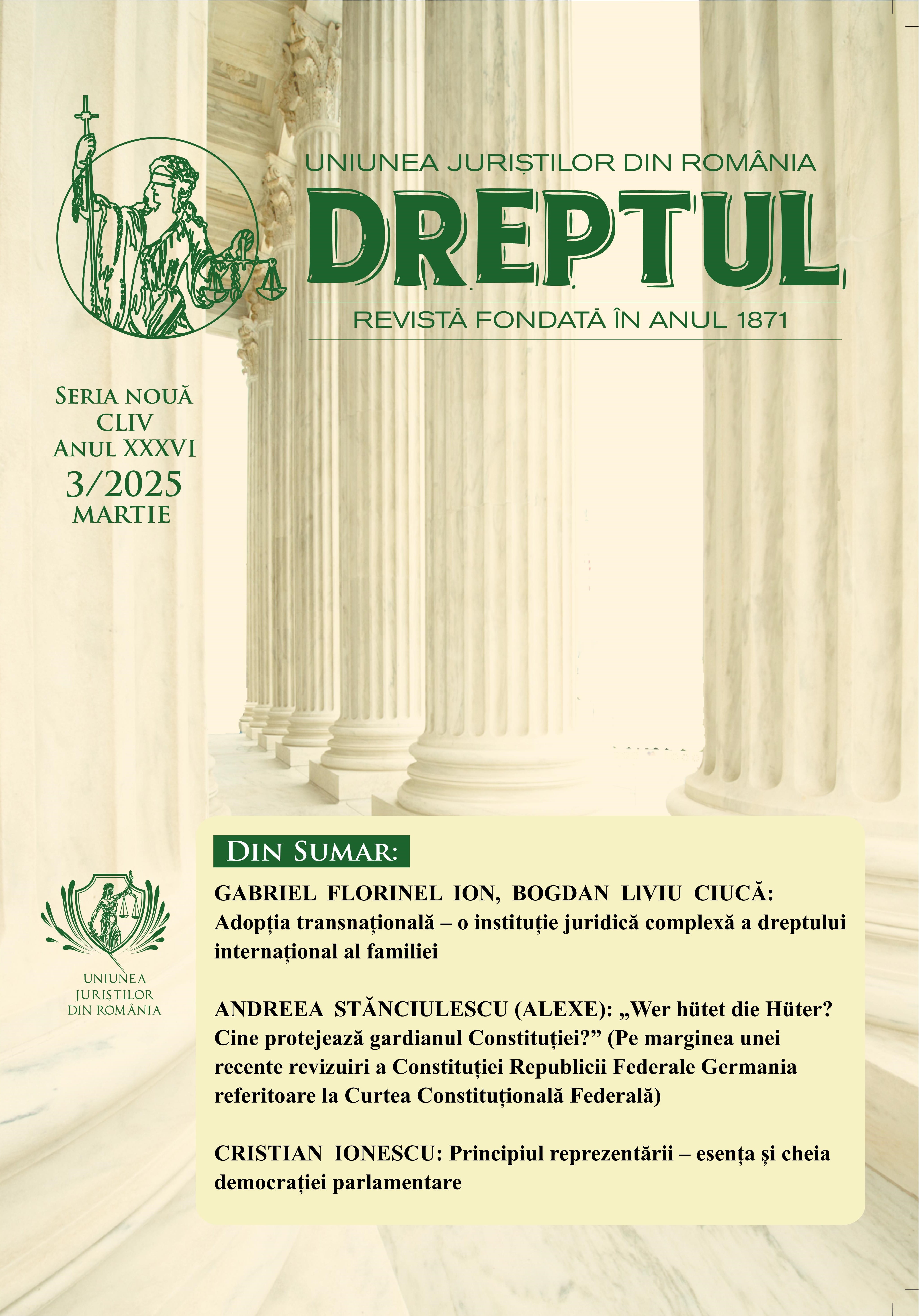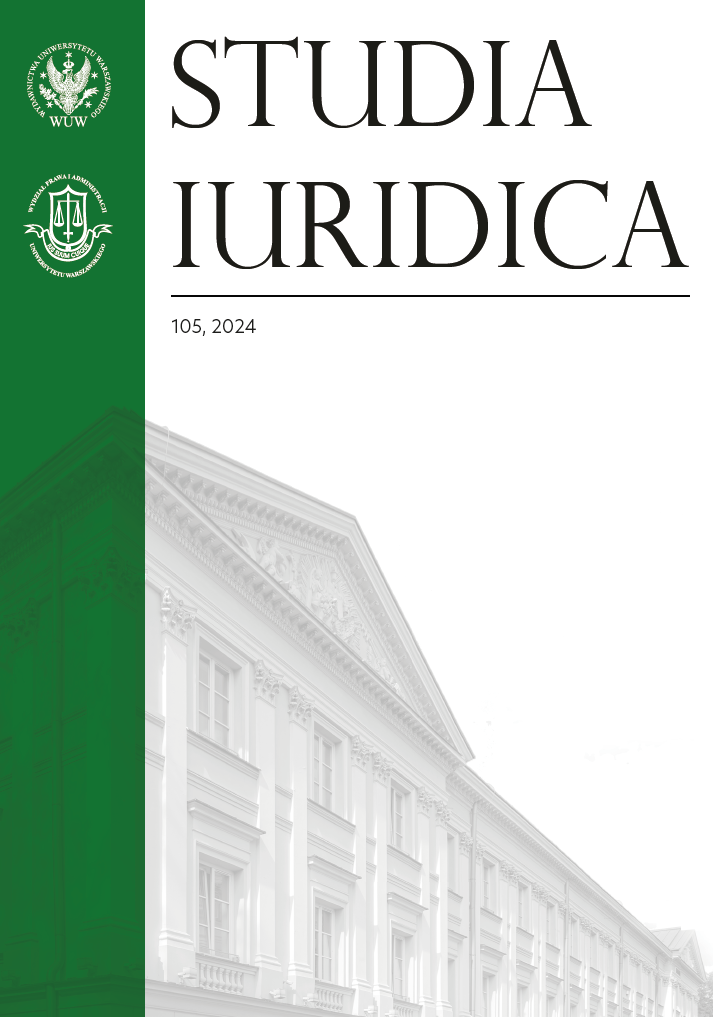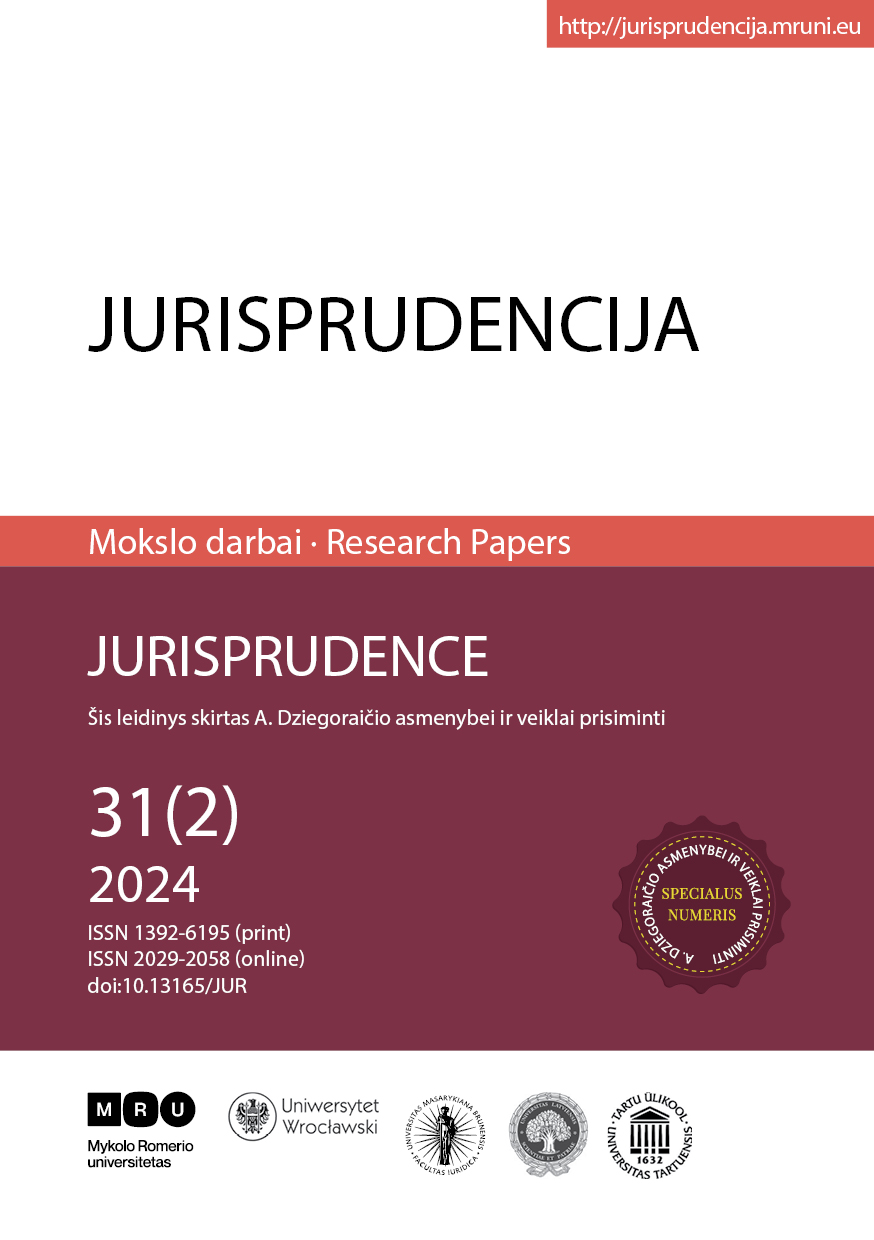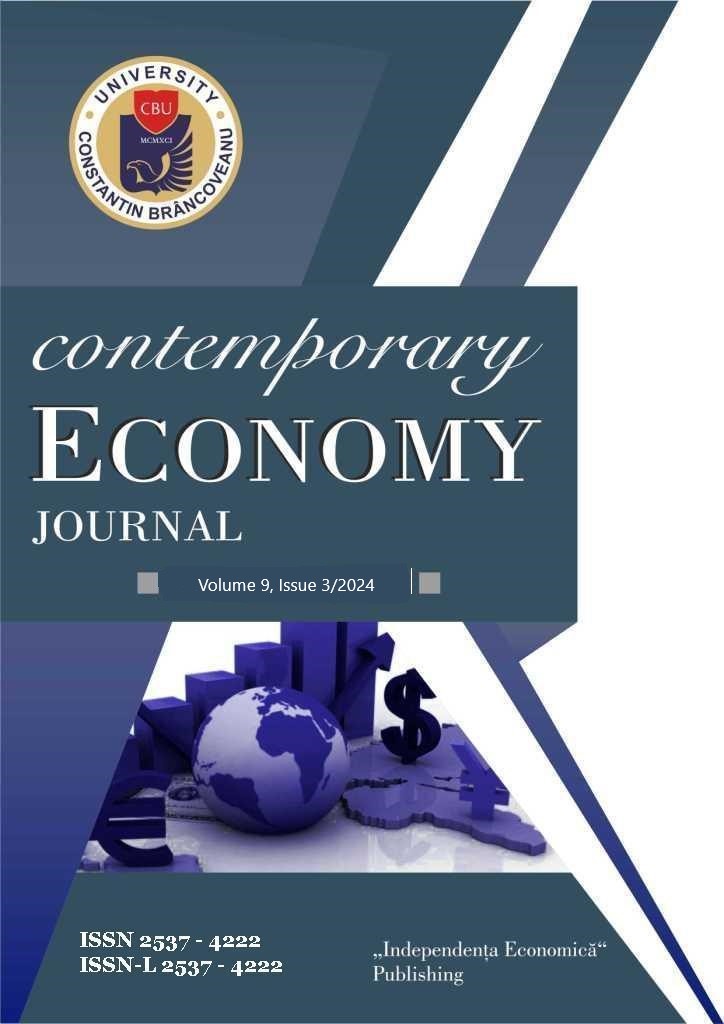Author(s): Author Not Specified / Language(s): Romanian
Issue: 4/2024
Angajatorul este obligat să asigure respectarea principiului egalității inclusiv în ceea ce privește condițiile de muncă care influențează beneficiul unei salarizări egale pentru munca egală. Aceasta presupune și egalitatea de șanse în privința accesului salariaților la o muncă de valoare egală, cum este în cauză munca în zilele de sâmbătă, duminică și sărbători legale, pe care aceștia sunt dispuși și chiar își doresc să o presteze. Nu satisface cerința egalității în privința condițiilor de muncă și salarizării egale programarea sistematică a acelorași salariați să lucreze în astfel zile, pe o perioadă îndelungată, cum este cea de aproape doi ani înregistrată în speță, concomitent cu omiterea totală a altor salariați, lipsiți de șansa unei salarizări egale din cauza acestui mod selectiv de programare – situație în care s-a aflat apelantul. Diferența de tratament mai sus constatată a avut drept consecință încasarea de către salariatul S., ocupând un post similar cu cel al apelantului, de revizor de locomotive, a unui salariu brut cu 16.357 lei mai mare decât acesta din urmă, reprezentând sporul pentru ore festive, de care apelantul nu avut șansa de a beneficia întrucât nu a fost programat la muncă în aceste zile, în condițiile în care și acesta și, în general, salariații din subunitatea feroviară în care acesta a activat, își doreau să fie programați la muncă în astfel de zile, pentru a încasa sporul respectiv ca element component al salariului, în sensul art. 160 Codul muncii. Printr-o organizare a muncii care a încălcat sever obligația de a asigura egalitatea de șanse în materia condițiilor de muncă relevante din perspectivă salarială, apelantul nefiind programat niciodată să efectueze „ore festive”, în condițiile factuale mai sus descrise și interpretate, angajatorul intimat a încălcat principiul egalității de tratament și a comis, astfel, o faptă de discriminare, prin care a cauzat apelantului un prejudiciu constând în suma de bani de care a fost lipsit, în perioada de referință. Această sumă este egală cu cea încasată de salariatul S..., calculată prin raportul de expertiză contabilă ca fiind în suma brută de 16.357 lei.
More...

